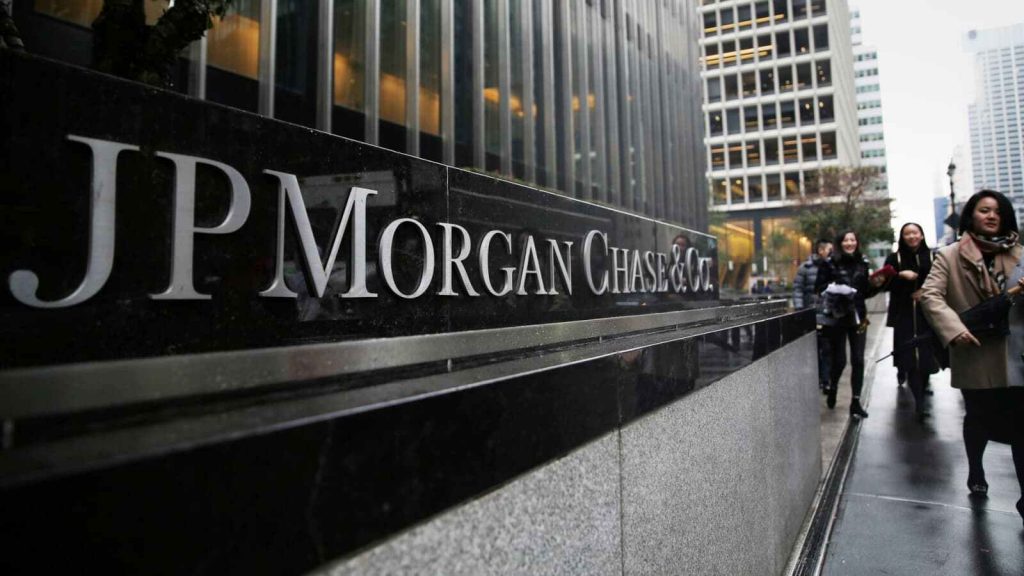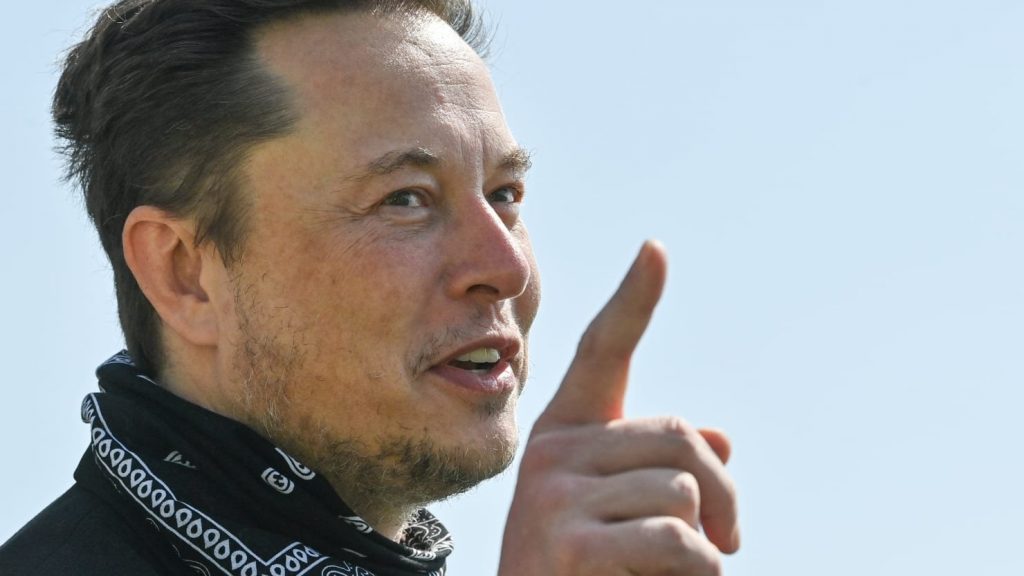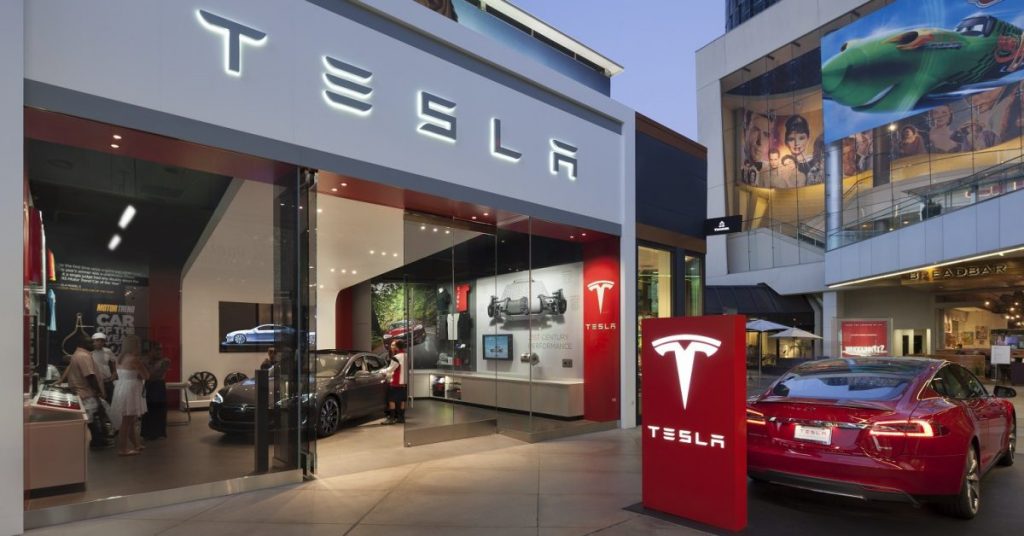More than three years later, Elon Musk’s tweet about taking Tesla private is still haunting him.
JPMorgan Chase & Co. filed a federal lawsuit against Tesla on Monday, seeking $162 million that the bank claims Tesla owes it under a stock option contract signed in 2014. The heart of the controversy is a clause in the contract that allows JPMorgan to change its terms in the event of “extraordinary events” at Tesla.
The bank claims that a tweet from Elon Musk on August 7, 2018, stating that he had “funding secured” to take Tesla private, at $420 per share, fulfilled the requirement because Tesla’s share price dropped significantly. Tesla’s executives, on the other hand, aren’t so sure.

In this case, JPMorgan bought warrants in 2014 that would expire in June and July 2021. According to the lawsuit, one of two things could have happened. First, if Tesla’s stock price falls below the strike price ($560.64) before the summer deadline, Tesla will walk away from the deal without paying JPMorgan. On the other hand, Tesla would be required to pay a certain number of shares or cash if the stock price rose above the strike price.
This all sounded like a good deal. But then, Mr. Musk tweeted in August 2018 that he was “considering taking Tesla private at $420” and that “funding [was] secured” to do it at all. As a result, an investigation by the Securities and Exchange Commission was unavoidable. It revealed that all of the details supporting the proposed transaction were false, and Musk was charged with forgery. However, prior to the legal battle, JPMorgan could see a turbulent company with a highly unstable stock price and generously reduced the previously stated strike price to $424.66.
Tesla publicly abandoned its plans to go private two weeks later. As a result, JPMorgan changed the strike price again to $484.35. Tesla did not respond to the changes until early 2019, when its lawyers wrote to JPMorgan, stating that the bank’s strike price adjustments were “unreasonably swift and represented an opportunistic attempt to take advantage of changes in volatility in Tesla’s stock.” JPMorgan responded with its letter rejecting the allegations, to which Tesla never replied.

The two sides were still at odds in 2020 when Tesla’s five-for-one stock prompted JPMorgan to lower the strike price for the third time to $96.87.
Tesla never agreed to any of these alterations. Instead, Tesla began paying JPMorgan only the “undisputed” portion of the two parties’ agreement in June of this year. (Tesla shares were trading for more than $600 per share during that month; the stock was worth $1,013.39 at Monday’s close.)

“We have provided Tesla multiple opportunities to fulfill its contractual obligations, so it is unfortunate that they have forced this issue into litigation,” a spokeswoman for the bank, Tasha Pelio, said in a statement.
This presents us with the lawsuit filed this week. According to JPMorgan, Tesla still owes it 228,775 shares worth $162,216,629 when JPMorgan terminated their initial agreement in August 2021.
Mr. Musk and Tesla attorney Ryan McCarthy did not respond to messages requests for comment on Tuesday.


